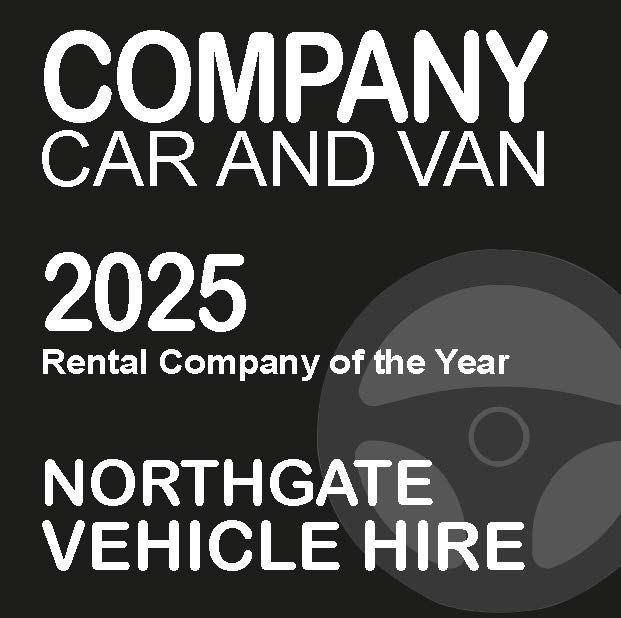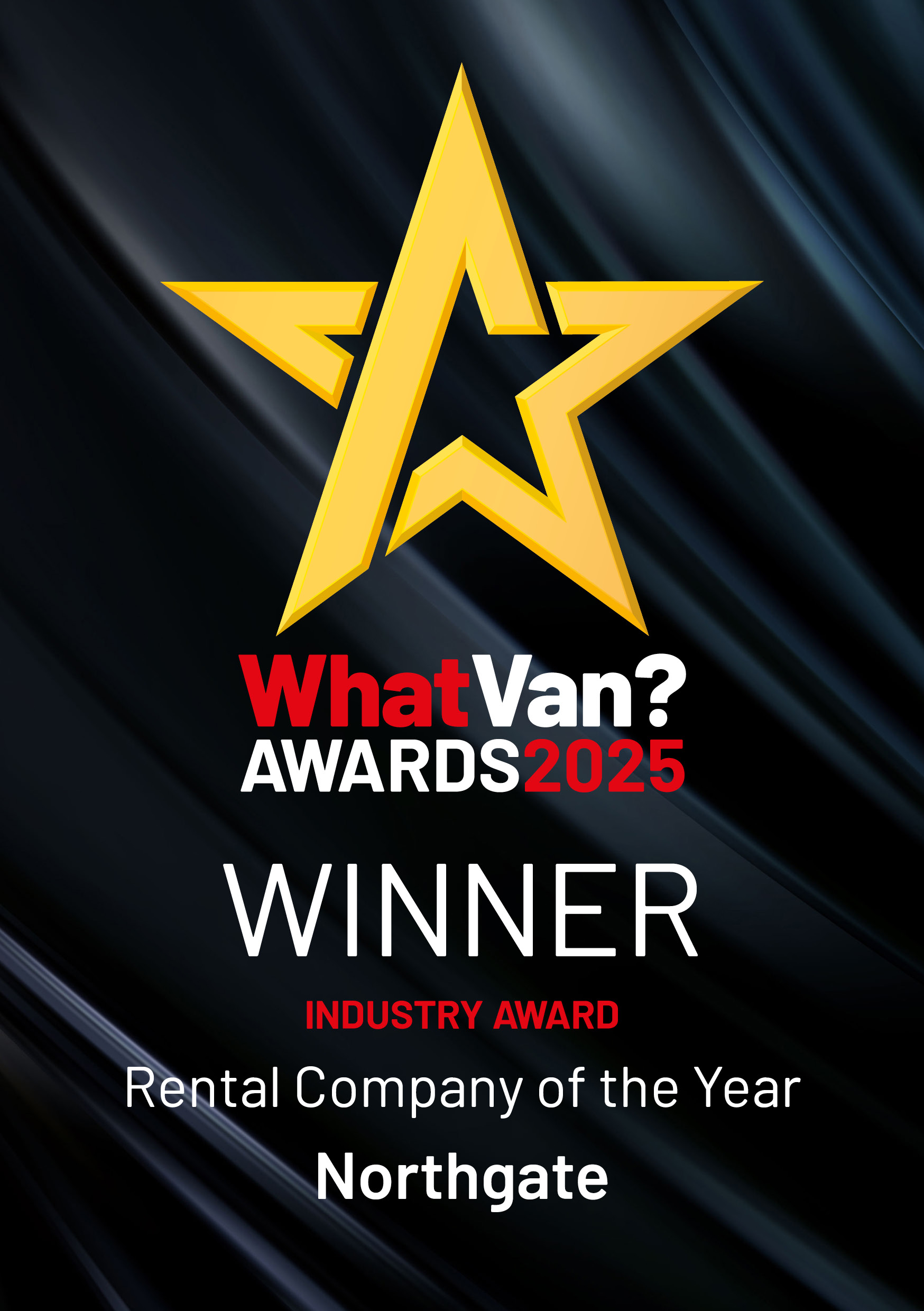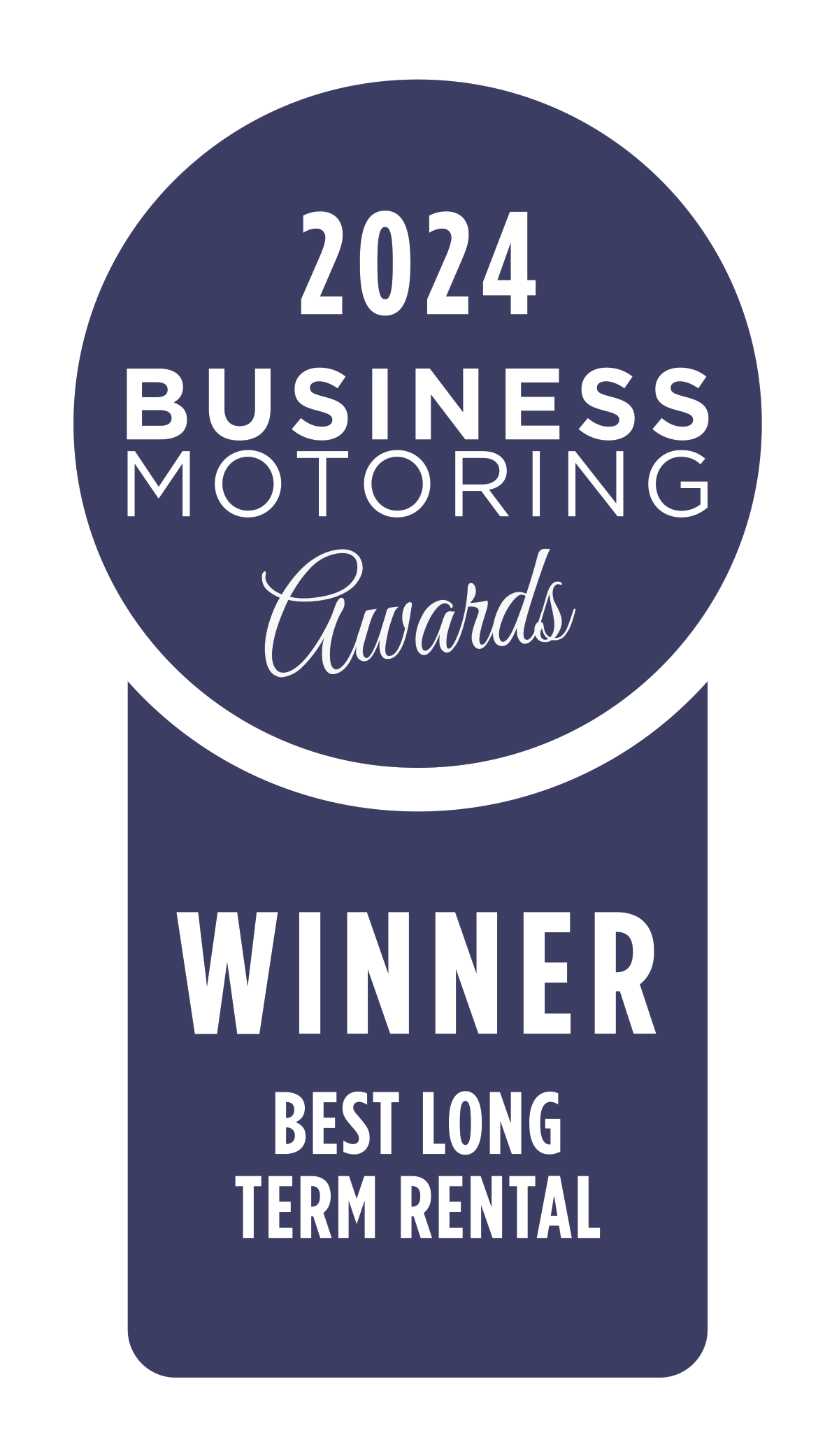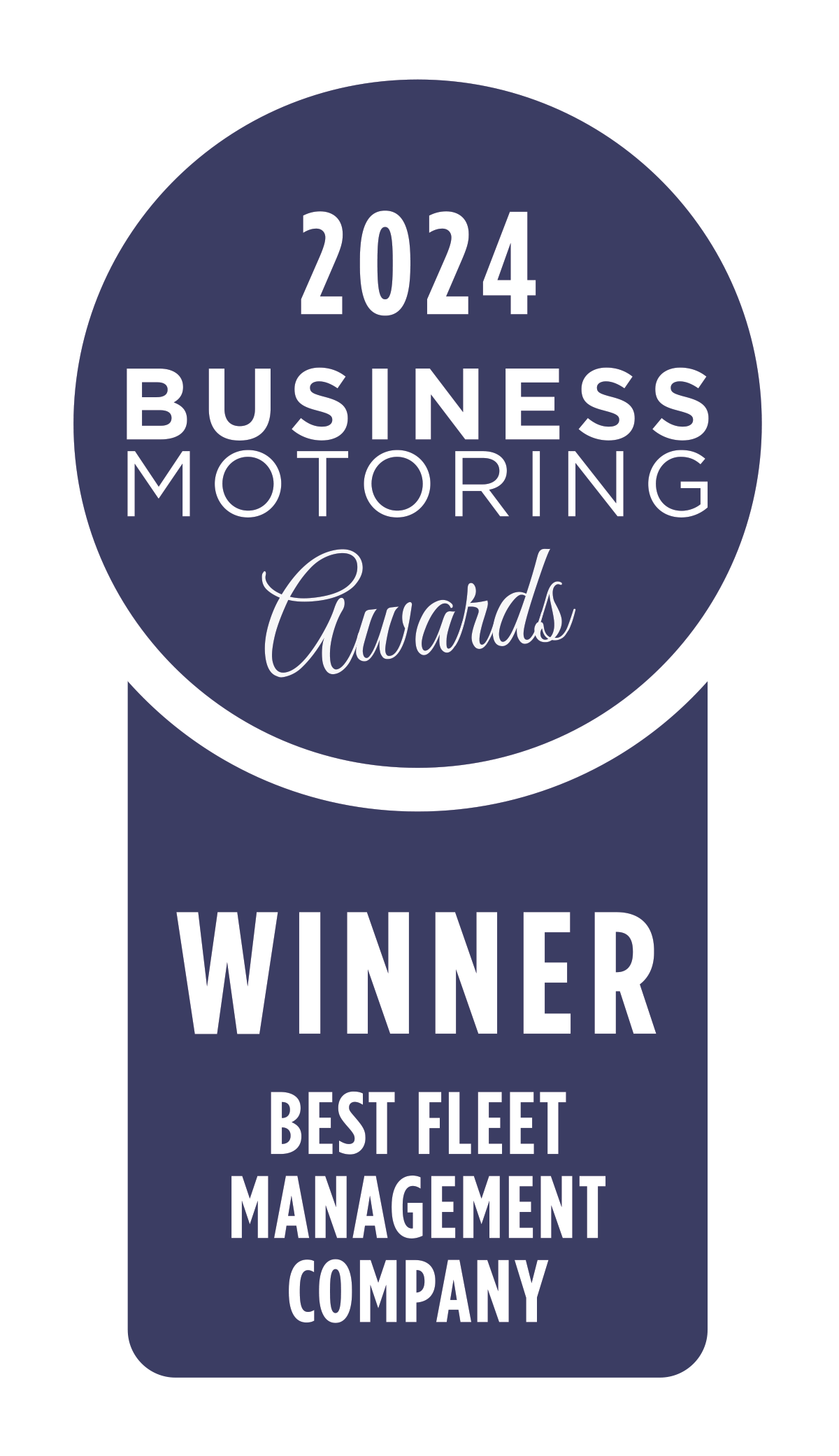Is it better to rent, buy or lease your business vans?
![]() 17/08/2020
17/08/2020![]() 9 minutes read
9 minutes read
Should my business rent, buy or lease our vans? The answer usually comes down to what is most cost-effective.
But to work this out, we need to find a way to accurately compare what each method costs. This can only be done after reviewing what your business needs and what is included in the price you pay.
Many businesses will overlook this step – preferring to simply stick to what works or sounds the cheapest. But by reviewing the options available, significant savings are possible.
The first step is the working out your baseline
To avoid overpaying, it is important to know what you are getting for your money – the differences in what you receive when renting, buying, or leasing can be drastically different.
Whereas buying a van often means getting the barebones, hiring a van with Northgate includes all the essentials and more – all you’d need to is add fuel and insurance – but we can help with that too.
This means that when you are comparing quotes for buying, leasing or renting, it’s a good idea to ask your chosen supplier about what you’re getting. The cheapest quotes will often miss out on services that your business might end up having to manage itself or pay for later down the line.
Starting by figuring out your baseline costs can help you greatly in comparing your quotes and working out what is most cost-effective.
Working out your baseline costs
Your baseline costs are what it costs to run and maintain your vehicle. By using these numbers to get to a monthly cost, you will have a figure which you can use to easily compare different quotes – whether that is for renting, leasing, or buying.
Here’s some of the more significant costs to consider:
- Insurance
- Fuel
- Servicing
- Tyres
- Repairs and replacement parts
- Breakdown Cover
- Road fund licence (also referred to informally as ‘road tax)
Don’t forget your hidden costs
There are also the costs that many businesses often overlook or that are dealt with on a as per needed basis. We refer to these costs as hidden because for some businesses they can add up quickly whilst going under the radar.
Plenty of businesses are good at calculating their baseline costs, it is ignoring the hidden costs that will often lead to overpaying.
For example, even in the case of purchasing a van, it is important to consider your monthly ongoing costs. What might seem cheaper at first can come at a high cost over the life of a vehicle. You could end up paying the same or more for a van whilst missing out on other benefits such as flexibility or increased cashflow.
And this is why we need to dedicate a whole section to hidden costs…
Hidden Costs
1 Getting your commercial vehicle
Cashflow
The best method might simply come down to whether you need cashflow or assets on your books. For business looking to grow, hiring your business vans can be one of best options for increased cashflow.
Depreciation
The newer the vehicle, the more depreciation there will be. If you were to drive an average of 10,000 miles annually, depreciation occurs at a rate of around 20% per year. With vehicle hire, these costs are already accounted for – the difference being that you are not tied into an aging vehicle.
Flexibility and changing Needs
If it’s possible that your needs could change, the ability to easily scale your fleet size up or down and change vehicle types is invaluable. Winning new business, seasonal demand or changing types of jobs, are just some of the reasons that businesses benefit from the flexibility of vehicle hire. And especially for businesses looking to grow, vehicle hire can be one of the best acquisition methods to add vans to your fleet quickly.
Policy Changes: Environment
With the government’s Road to Zero policy, it is worth considering how your business can keep pace with Environmental policy changes. London’s ULEZ introduced a financial charge for non-compliant vehicles and plans for CAZ makes this a possibility in other parts of the country as well. Purchasing your vehicle may leave you with older, polluting technology that is subject to existing or future financial charges.
COVID-19 Situation
The coronavirus is also creating situation where businesses are having to react quickly to policy changes and economic uncertainty. Whether it’s a lockdown or health and safety requirements at work, having a partner assisting you in meeting your commercial vehicle needs can enable your business to keep driving forward. Northgate Vehicle Hire are proudly supporting businesses with several COVID-19 ready solutions.
Economic Uncertainty
Depending on the market, it might not make sense for your business to commit to a long-term investment by purchasing a van. With the economic uncertainty of the coronavirus and Brexit, many businesses are having to form strategies without fully knowing what the future holds.
Hiring a vehicle is one of the best options for businesses who are looking to react quickly to any upcoming changes, due to the flexibility of being able to change your vehicles or flex your fleet size up or down.
2 Maintaining your commercial vehicle
Maintenance
If you buy or lease your van, servicing and maintenance most likely won’t be included.
When managing a fleet of several vehicles this task can be very time-intensive and a job in and of itself.
With Northgate Vehicle Hire, our vans include servicing and maintenance – and, depending on your needs, we can support you with the day-to-day running and compliance of your fleet.
Old vans
Older vans tend to cost more to run. Just look at the MOT test results between 2016 to 2017…the initial failure rate for commercial goods vehicles was a whopping 45%.
As shallow as this might seem, there’s also the fact that the appearance of a van will contribute to how your business is perceived. Old and tired vans will not impress customers or drivers as much as a van that is in pristine condition.
So, unless you’re able to regularly flip your vans for new ones, being treated to regular refreshes via vehicle hire might suit your business better.
Downtime
The costs of vehicle downtime can add up. Our vanonomics research team found that on average:
- A van off the road costs £800 per day.
- Downtime typically lasts 4 days.
- The total cost for any downtime is £3,200,
When you hire a van, the costs of getting you back on the road are already factored in. This can make the costs of downtime far more predictable than they would be otherwise. Not to mention, the efficient process for getting you back on the road that will be in place.
3 Disposing or renewing your commercial vehicles
Disposal of vehicles
After purchasing a vehicle, an important part of recuperating any lost capital will be how you sell or dispose of it.
The method you choose to dispose or replace your vehicle will affect your return. With changes in the market, it can be difficult to be predict what a vehicle might be worth in the future.
There’s also the fact that disposing or selling your vehicles takes up time that comes at further cost to your business.
We Buy, You Rent Makes selling your vehicles to hire new ones easy > Learn More
Looking for a vehicle hire quote for your business?
Our fleet consultants can provide you with a tailored quote for your business that is based on your requirements.
Here are some of the advantages of hiring a business van with Northgate:
- Flexibility to react quickly to economic uncertainty – as we are seeing with the COVID-19 situation and Brexit.
- Servicing, maintenance, and breakdown cover come as standard
- Choose from a range of vehicles to suit every type of job. Available on rental periods up to 48 months
- Add on fleet management services as needed
- Dedicated account manager to help you drive the success of your fleet
- No deposit necessary (subject to credit checks)
Northgate can help you work out whether renting is more cost-effective for your business. Get a personalised business vehicle hire quote for your business
* Gallon = 4.5 Litres (rounding down). Avg cost. £1.31 for Petrol and £1.35 Diesel (using BBC fuel calculator as of 20.11.2018). 20mpg to 33 mpg = 200 gallons difference over 10,000 miles. (200 gallons x 4.5) x £1.31 = £1,179 savings.







